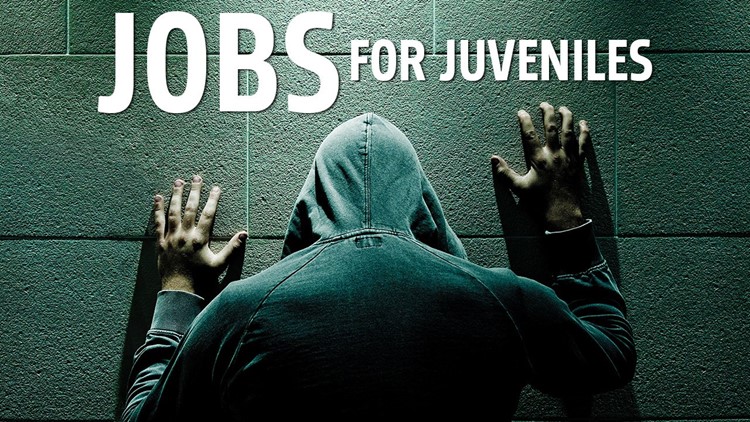WASHINGTON, DC – In an effort to help young people involved in the justice system find jobs and housing, the U.S. Department of Housing and Urban Development (HUD) and the Department of Justice (DOJ) today announced $1.75 million for Public Housing Authorities (PHAs) and nonprofit legal service organizations to address the challenges justice-involved individuals face when trying to find work and a place to call home. The grantees are listed below.
Under the Juvenile Reentry Assistance Program (JRAP), funded through DOJ’s Second Chance Act funds, HUD and DOJ are teaming up to help young Americans who’ve paid their debt to society rehabilitate and reintegrate back into their communities. JRAP funding was awarded to Public Housing Agencies who have a partnership with a nonprofit legal service organization with experience providing legal services to juveniles. Read local summaries of the grants.
HUD Secretary Julián Castro and U.S. Attorney General Loretta Lynch announced the funding during a news conference with local leaders in Philadelphia today.
“Reconnecting young people who’ve paid their debt to society to decent jobs and housing allows them to turn the page and become active, productive members of their communities,” said Secretary Castro. “These grants offer a helping hand to those who deserve a second chance so they have a real opportunity to reach their full potential.”
“The future of our nation depends upon the future of our young people – including young people who have become involved with our justice system,” said Attorney General Lynch. “By helping justice-involved youth find decent jobs and stable housing after they return home, these critical grants provide a foundation for a fresh start and offer a path towards productivity and purpose. In the months ahead, the Department of Justice will continue helping justice-involved youth enrich their lives and improve our country.”
Having a juvenile or a criminal record can severely limit a person’s ability to seek higher education, find good employment or secure affordable housing. Today, there are nearly 55,000 individuals under age 21 in juvenile justice facilities, and approximately 185,000 young adults aged 18 to 24 in state and federal prisons. These collateral consequences create unnecessary barriers to economic opportunity and productivity. President Obama and members of his Cabinet, via the Federal Interagency Reentry Council, continue to take impactful steps to ensure those exiting the justice system become productive, law-abiding citizens. Today’s announcement is consistent with HUD’s recently released guidance on the application of Fair Housing Act standards to the use of criminal records by providers of housing and real estate-related transactions, and the recent guidance for public housing authorities and owners of federally assisted housing on excluding the use of arrest records in housing decisions.
To help alleviate collateral consequences associated with a juvenile or criminal record, JRAP assists young people up to age 24 residing in public housing, or who would be residing in public housing but for their record, by:
- Expunging, sealing, and/or correcting juvenile or adult records; as permitted by state law;
- Assisting targeted youth in mitigating/preventing collateral consequences such as reinstating revoked or suspended drivers’ licenses;
- Counseling regarding legal rights and obligations in searching for employment;
- Providing guidance for readmission to school; and
- Creating or modifying child support orders and other family law services, and more.
HUD’s mission is to create strong, sustainable, inclusive communities and quality affordable homes for all.
More information about HUD and its programs is available on the Internet
at www.hud.gov and http://espanol.hud.gov.



